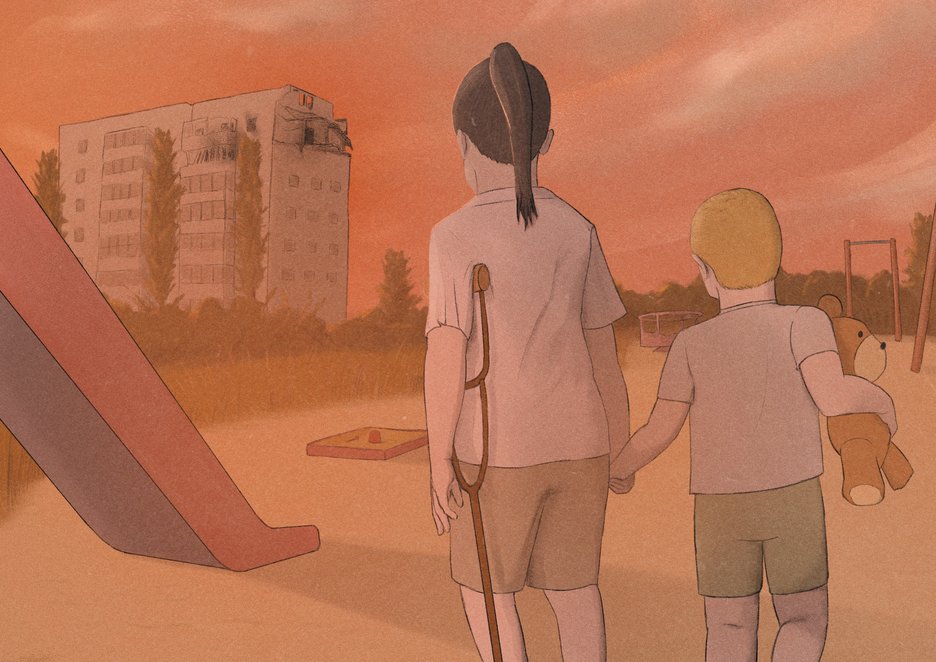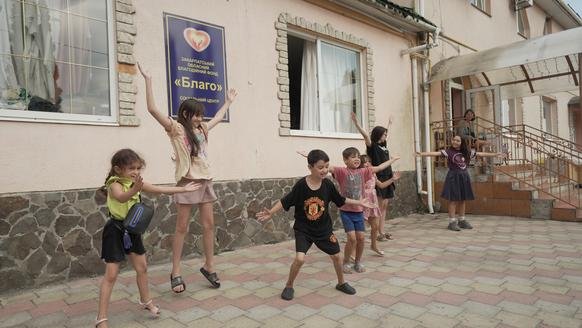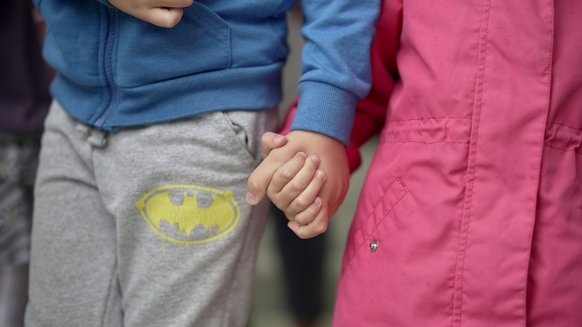Invisible at the Frontline: New Report Reveals Ukraine’s Children with Disabilities Left Behind
Aug. 4, 2025

Invisible at the Frontline reveals how these children – already among the most marginalised before the war – are now disproportionately at risk and routinely excluded from the humanitarian response.
“Children with disabilities have become the war’s invisible frontline. Their needs are seen as too complex, too expensive, or too hard to plan for—but that is exactly why they must be prioritised. This report reveals the glaring gaps in reaching and supporting these children, gaps that cannot be filled by aid agencies like War Child alone,” says Sofia Papadopoulou, War Child’s Ukraine Response Regional MHPSS and Child Protection Advisor.
The findings are stark. Within 10 months of Russia’s invasion, the percentage of families of children with disabilities having access to services dropped from 80% to 47%. Many families reported being unable to evacuate because transportation was not accessible. Several were explicitly told it was ‘not possible’ to evacuate with a wheelchair or that their children’s needs were too difficult to accommodate. One parent described carrying their child through a conflict zone after waiting days at a train station with no assistance. Others faced the impossible choice of leaving their child behind in an institution.
Mental health support remains close to non-existent. Children with disabilities are particularly vulnerable to distress caused by shelling and displacement, with families reporting emotional regression, especially among autistic children. One mother said, “My son hasn’t seen a therapist in over a year. His behaviour has changed completely.”
The war has also decimated the fragile network of community services that many families relied on. Special education, physiotherapy, and basic care services have collapsed in many areas or been repurposed for military use. Parents spoke of losing access to essential medications and professional support for months, with devastating effects on their children’s development.
Perhaps most concerning, the report finds that Ukraine’s long-standing efforts toward deinstitutionalisation have been reversed. With no community support and under immense strain, some families felt they had no option but to place their children back into residential institutions. As one caregiver in Kharkiv put it, “Even before the war, we had to fight for support. Now it feels like we’re forgotten entirely.”
Finalised in April 2025 but never shared before now, the report draws on surveys and focus group discussions with families, caregivers, and local experts across Ukraine. It was conducted by War Child in collaboration with AUFCR and Montessori UA.
The report calls for immediate action from the Ukrainian government, humanitarian agencies, and international donors to include children with disabilities in all aspects of the response. This includes accessible evacuation and shelter planning, tailored mental health services, support for inclusive education, and funding for community-based care models.

